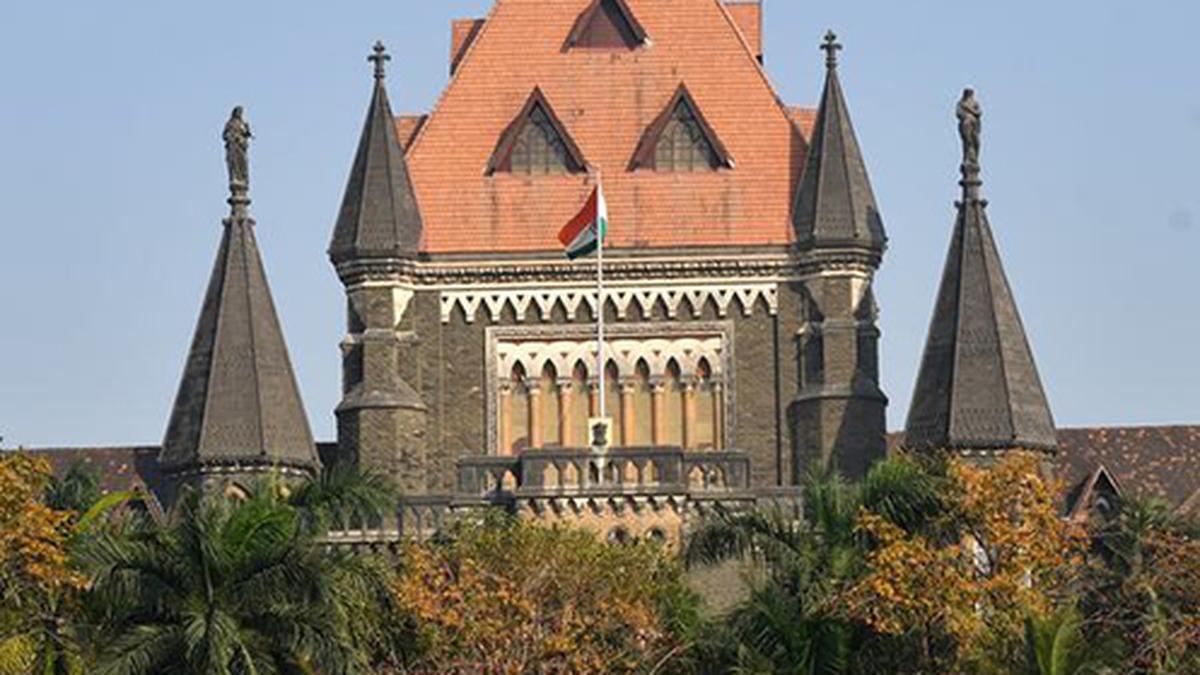
An outer view of Bombay High Court in Mumbai. File
| Photo Credit: Vivek Bendre
The Bombay High Court on Monday (October 13, 2025) said it will hear on Tuesday a petition filed by U.S. citizen James Leonard Watson, who was arrested on October 4 for allegedly attempting religious conversion during a prayer gathering in Thane district.
Chief Justice Shree Chandrashekhar and Justice Gautam A. Ankhad kept the matter to Tuesday asking the petitioner to provide better translation of the FIR and remand.
Mr. Watson, who holds a valid B-2 business visa until October 10, 2028, was arrested after attending a peaceful prayer meeting held on October 3, at a private residence in Bhiwandi. The FIR registered against him under Sections 299, 302, 3(5), 223, 126(2), includes serious charges under the Bharatiya Nyaya Sanhita (BNS), the Immigration and Foreigners Act, the Juvenile Justice Act, and the Maharashtra Prevention and Eradication of Human Sacrifice and other Inhuman Evil and Aghori Practices and Black Magic Act.
In his petition, Mr. Watson has challenged the FIR and his arrest, arguing that the charges are baseless and that the prayer gathering was lawful. Contending for him, senior advocate Sudip Pasbola and advocate Zaman Ali submitted to the court that the FIR wrongly invokes provisions related to human sacrifice and black magic, which do not apply to the facts of the case. “The petitioner attended a private peaceful prayer gathering at a private resident, which was interrupted by the complainant and other persons who barged into the house, made threats against the people inside, and called the police with baseless and false allegations, on which basis the FIR was registered against the petitioner,” the advocates said.
The petition said that no grounds of arrest were communicated to the petitioner, who has been in custody since October 3 and also pointed out that religious rituals conducted in private homes are exempt under Section 12 of the Maharashtra Act.
The advocates argued that the arrest violated legal safeguards laid down by the Supreme Court in Arnesh Kumar v. State of Bihar and Vihaan Kumar v. State of Haryana, and that there was no valid material to justify taking him into custody.
Published – October 14, 2025 04:45 am IST



